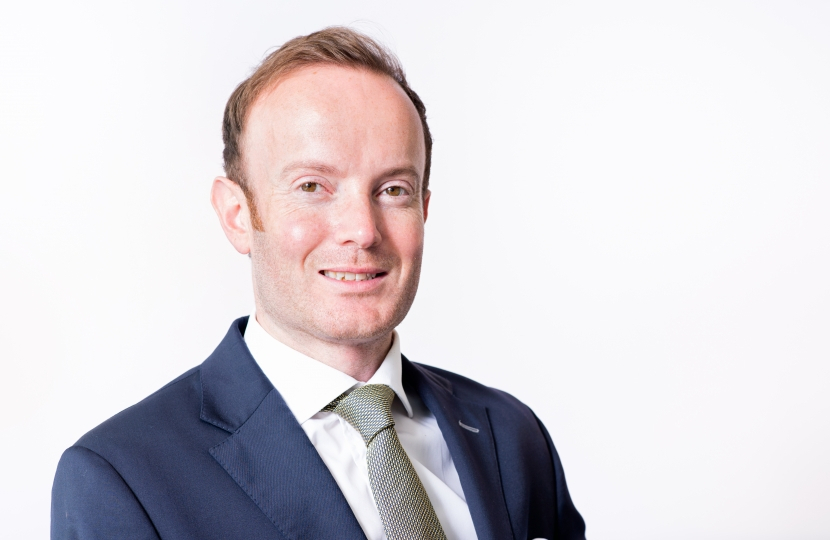
A column by Councillor Richard Rout, Suffolk County Council’s Deputy Leader and Cabinet Member for Finance and Environment
I fully appreciate that an article about “council budgets” is unlikely to be the most exciting thing you read today! However, I hope that you’ll stick with me for a few minutes, to understand how Suffolk County Council’s budget setting process works and the difficulties we face this year.
More importantly, I want to set out how you can share your thoughts on how we spend what is ultimately your money. Your views really will be taken into account, as we shape decisions for next year.
This year, we have around £625m to spend on everything that we do. That’s from financing the fire and rescue service, to maintaining our roads and providing school transport. We have the freedom to choose where some of that money is spent, but we are legally required to spend certain amounts, such as on schools.
Of that pot the largest amount, around £6 in every £10, comes from council tax. The remainder is made up from the council’s share of business rates, and the money we receive each year from the Government (known as our ‘settlement’).
The current budget was a real challenge to manage, not least due to uncertainties caused by the Covid-19 pandemic. Yet we were still able to maintain all our services and invest in some areas. Unfortunately, this year, we face much more of a challenge.
Councils across the country are subject to many of the financial pressures that we all face at home, such as rising energy costs. The high rates of inflation mean that the council’s day-to-day costs are going up, the goods and services that we need to buy today are markedly more expensive than this time last year.
On top of this, there is the national wage increase and we continue to experience more demand for our services, particularly care services for adults and children.
Many councils are facing a situation where they will encounter a considerable budget gap – which is the shortfall between what needs to be spent, and money that’s available. At the time of writing, our estimated budget gap could be as much as £56m.
If we do not have the money that we need, then if we want or need to increase spending on one service, we have to reduce the spend somewhere else. That’s the balance we have to find and it is never easy.
In short, councils need more money in their budgets just to be able to maintain levels of the service that they provide. There are two main ways that we can achieve this; receiving more money from the Government in our settlement and by increasing council tax. Of course, over and above this we always try to ‘transform’ and modernise our services, so we can do more with less and maximise the income the council can generate.
Regarding the settlement, we continually lobby Government to increase our settlement to meet the demands that we face, to be able to provide you with the services that you expect. In recent times, this money has been decided on a year-by-year basis and I am hopeful that this December we will be given a two-year settlement. This will allow us to plan with a much greater degree of certainty.
Last year we did increase our share of council tax, which worked out at 80p per week for a Band D property. We had the option to raise it by more, but decided against it – recognising the pressures households were facing as we emerged from the pandemic.
We also look at making savings within the council itself. Through careful planning, we have saved hundreds of millions of pounds in recent years. This has made the organisation leaner – we have far fewer staff than we did ten years ago and spend less than the vast majority of County Councils on staffing, whilst protecting many services from large-scale reductions.
It has also enabled us to make key investments, such as committing £12.8m to make our buildings and land more carbon friendly and reduce our impact on the environment. This has already achieved impressive results with one of our main buildings seeing a year-on-year reduction in gas consumption by 84%, meaning financial and carbon savings.
With all this in mind, I would welcome your thoughts on our budget for next year.
We launched a public survey two weeks ago, to ask you which services are important to you. There are just three questions to answer and it should only take a few minutes to complete.
We have already had over 1,100 responses – thank you if you have already shared your thoughts.
I’m looking at the data on a regular basis, and your responses will be included in the report considered by the council when we agree the budget in February 2023. Alongside asking which services you’d prioritise, we ask that always controversial question – given everything you’ve heard do you think council tax should increase? I’d be really grateful if you could share your thoughts at www.suffolk.gov.uk/budget


